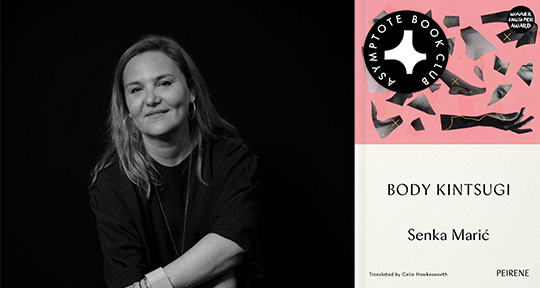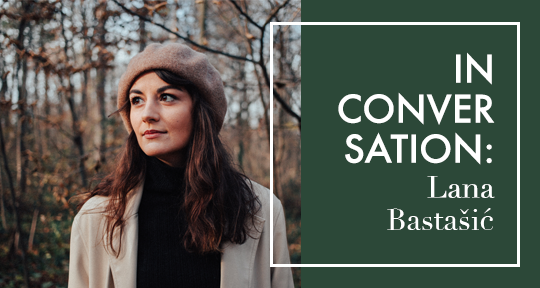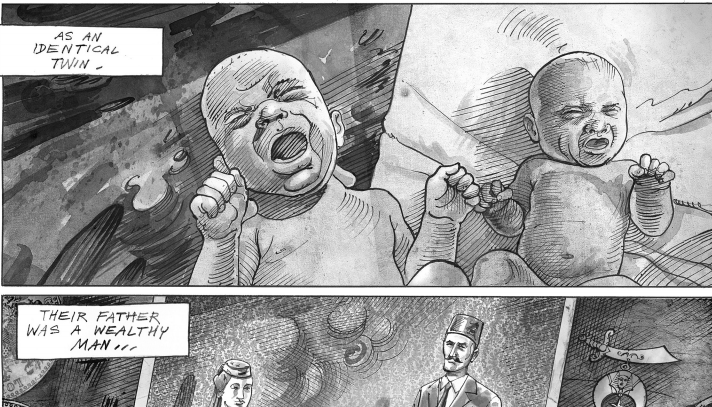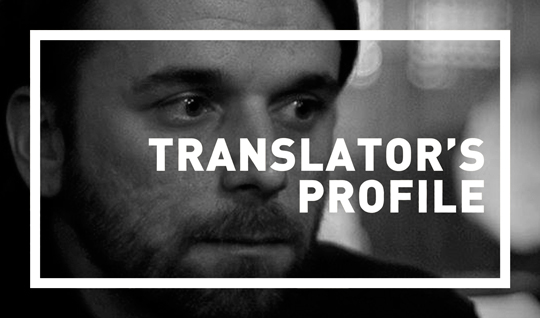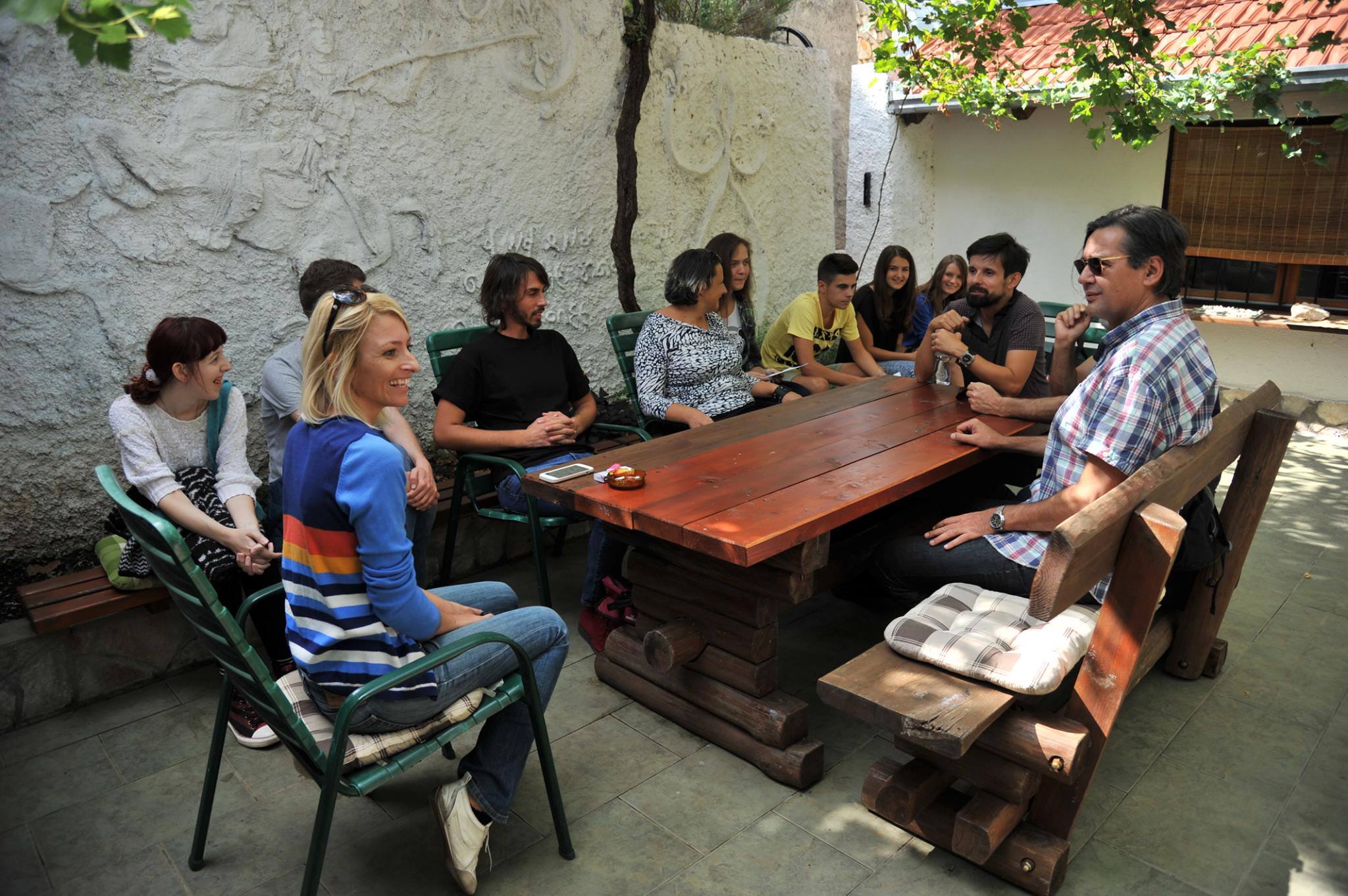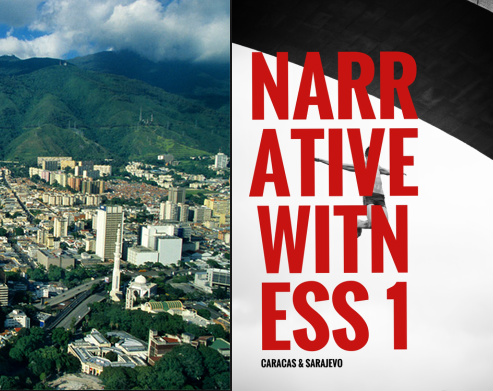This month, the Asymptote Book Club is proud to present Senka Marić’s Body Kintsugi, a moving and lyrical documentation through a woman’s interrogation of her own body as it undergoes disease, fracturing, and metamorphosis. Tracing the lineage of her physical fracturing through a fight with cancer, Marić reconstitutes the ideas of bodily fault lines and ruptures to conceive of a new wholeness, addressing the rifts and traumas of life to incorporate loss as an essential fact of survival.
The Asymptote Book Club aspires to bring the best in translated fiction every month to readers around the world. You can sign up to receive next month’s selection on our website for as little as USD15 per book; once you’re a member, join our Facebook group for exclusive book club discussions and receive invitations to our members-only Zoom interviews with the author or the translator of each title.
Body Kintsugi by Senka Marić, translated from the Bosnian by Celia Hawkesworth, Peirene Press, 2022
We don’t like to think of ourselves as a collection of fragments, but it is in our nature, as humans, to be cleaved into pieces by time and death—into “corpses strewn over the pages of history,” with nothing but the remnants of stories to tell of our struggles and victories.
Out of this nature of fragmentation arises Body Kintsugi by Senka Marić, a daring, visceral meditation on the female body and its reckoning with loss, fear, and mortality. A “story about the body” and “its struggle to feel whole while reality shatters it into fragments,” the book centers on Marić’s experience with breast cancer, a vehicle by which she uses to explore self-perception, self-preservation, and relationships. Although Marić begins with her singular, personal history, her discursive space gives birth to an ambiguous “you”; the narrative quickly evolves into a discourse on the collective reality of shreds and patches, enticing a metaphysical reconciliation of impermanence—our own and of those closest to us.
The protagonist’s rupture begins with the loss of her husband to adultery, followed by a more visceral loss: that of one breast, then the other, and finally her hair and life force through the traumatic process of chemotherapy. Although the protagonist loses her former self piece by piece, she comes to reassemble it through surgery, treatment, and radical acceptance, focusing not on the disease itself, but what remains in lieu of it. This theme blossoms to take hold of the entire text—that of physical and spiritual kintsugi. READ MORE…

